C. bank preaches rational use of reserves
National Bank of Serbia (NBS) Governor Radovan Jelašić said that the central bank will intervene on the foreign currency market if the need arises.
Tuesday, 12.01.2010.
09:53

National Bank of Serbia (NBS) Governor Radovan Jelasic said that the central bank will intervene on the foreign currency market if the need arises. He said that the NBS will not react just to increase the value of the dinar “to please someone”. C. bank preaches rational use of reserves After five days of losing value against the euro, the dinar (RSD) went up on Tuesday for the first time this year by 0.1 percent. On Monday, the dinar was at its lowest value since the introduction of the euro in 2002, with an exchange rate of 97.4290 per euro. Jelasic told Belgrade daily Blic that the central bank has enough money in its foreign currency reserve and will intervene when necessary. He said that the main goal of the NBS is to maintain stability in the exchange rate, adding that the increase in the foreign currency reserves is a result of loans taken from the IMF worth EUR 1.3bn. Jelasic warned that every intervention means a decrease in the reserves and asked how more money will be created to pay off loans once the funds meant for this, that were also borrowed, are no longer there. He said that the way in which the deficit was financed at the end of last year affected the rate of the domestic currency, which contradicts claims made by Finance Minister Diana Dragutinovic, who said that the state deficit in December was less than the average recorded since 2006. “The fact that the National Bank knows what the planned deficit is does not mean that it can predict what the demand for foreign currency will be. If there was a magic formula there would be no need for a foreign currency market,” Jelasic said. Radovan Jelasic (FoNet, file)
C. bank preaches rational use of reserves
After five days of losing value against the euro, the dinar (RSD) went up on Tuesday for the first time this year by 0.1 percent.On Monday, the dinar was at its lowest value since the introduction of the euro in 2002, with an exchange rate of 97.4290 per euro.
Jelašić told Belgrade daily Blic that the central bank has enough money in its foreign currency reserve and will intervene when necessary.
He said that the main goal of the NBS is to maintain stability in the exchange rate, adding that the increase in the foreign currency reserves is a result of loans taken from the IMF worth EUR 1.3bn.
Jelašić warned that every intervention means a decrease in the reserves and asked how more money will be created to pay off loans once the funds meant for this, that were also borrowed, are no longer there.
He said that the way in which the deficit was financed at the end of last year affected the rate of the domestic currency, which contradicts claims made by Finance Minister Diana Dragutinović, who said that the state deficit in December was less than the average recorded since 2006.
“The fact that the National Bank knows what the planned deficit is does not mean that it can predict what the demand for foreign currency will be. If there was a magic formula there would be no need for a foreign currency market,” Jelašić said.










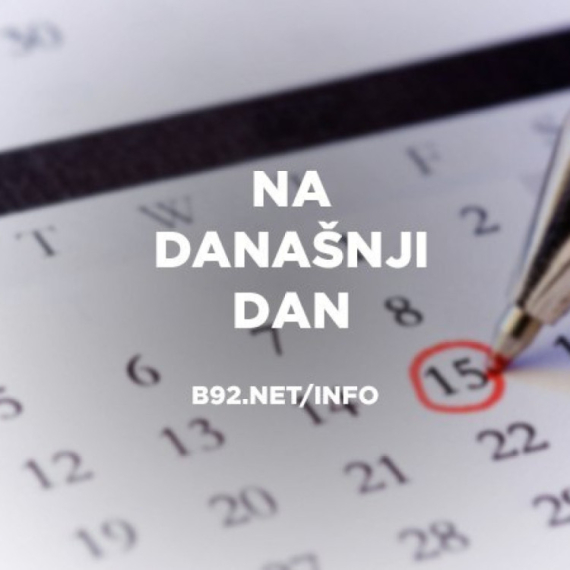
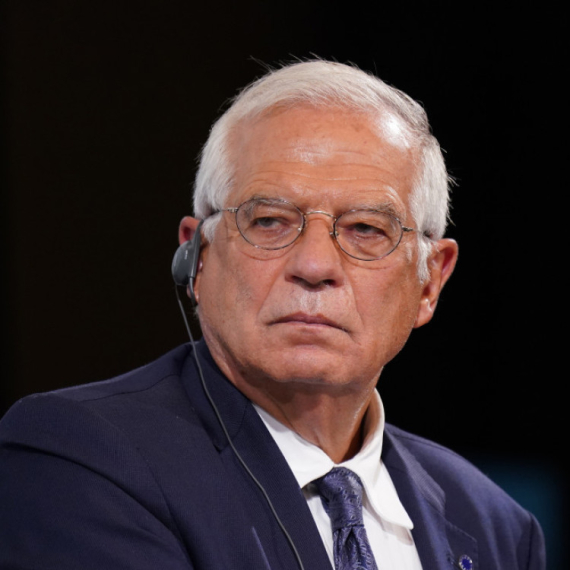
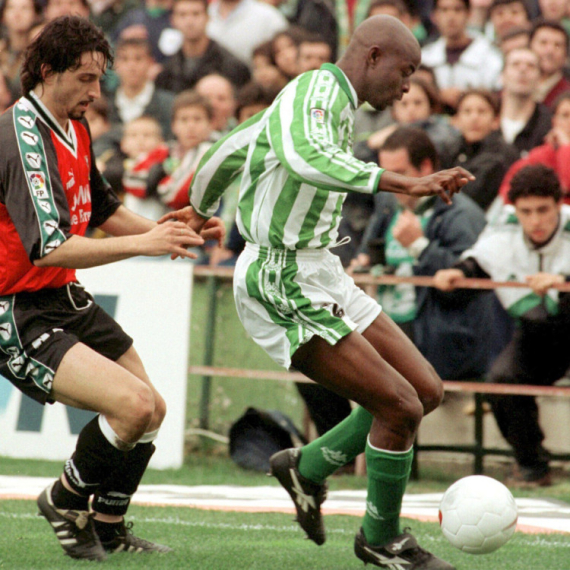

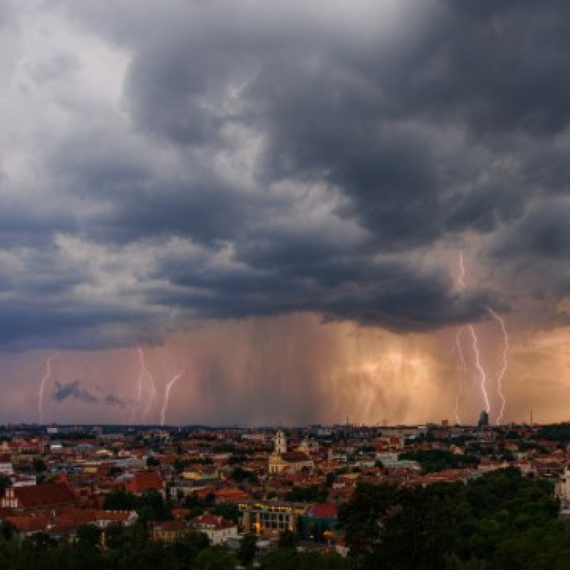

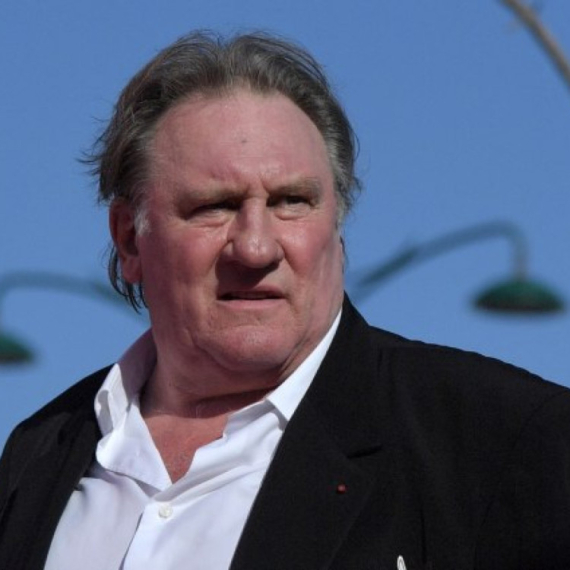


















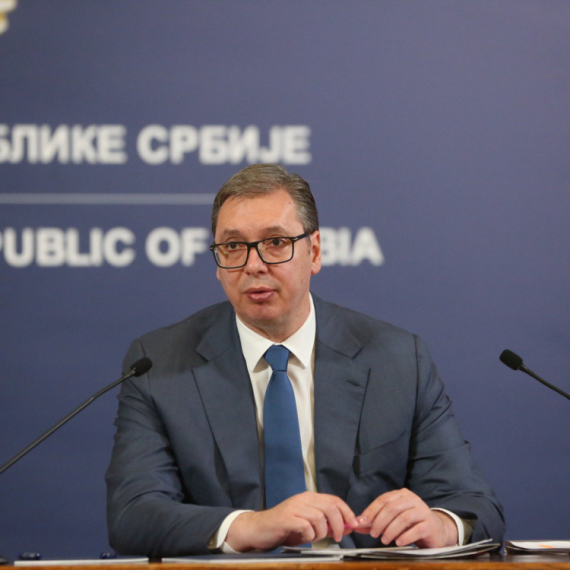




















Komentari 1
Pogledaj komentare